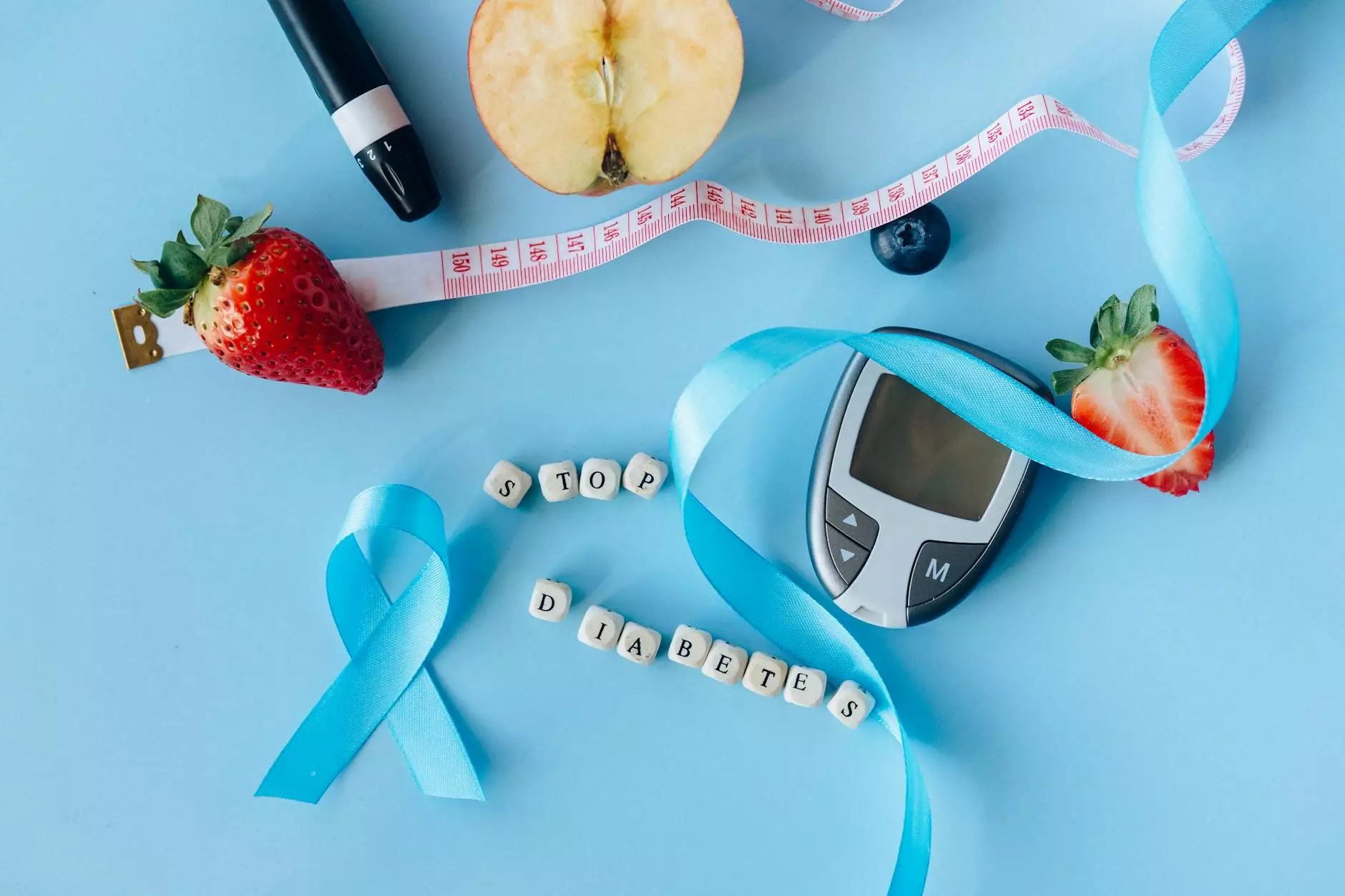Gastritis Causes and Medication Options - Healthgrades
Services
About Gastritis
Gastritis is a condition characterized by inflammation or irritation of the stomach lining. It can cause a range of symptoms, including abdominal pain, bloating, nausea, vomiting, and indigestion. Gastritis can be acute or chronic, and its causes can vary.
Causes of Gastritis
There are several factors that can contribute to the development of gastritis:
- Infection: The majority of chronic gastritis cases are caused by the Helicobacter pylori bacteria, which inflames the stomach lining.
- Regular use of NSAIDs: Nonsteroidal anti-inflammatory drugs (NSAIDs), such as aspirin or ibuprofen, can irritate the stomach lining and lead to gastritis.
- Excessive alcohol consumption: Heavy alcohol consumption can damage the stomach lining, leading to gastritis.
- Stress: Prolonged stress can increase the production of stomach acid, resulting in gastritis.
- Autoimmune disorders: In some cases, the body's immune system may mistakenly attack the stomach lining, causing autoimmune gastritis.
- Digestive disorders: Conditions such as Crohn's disease or pernicious anemia can increase the risk of developing gastritis.
- Bile reflux: When the bile flows back into the stomach, it can cause irritation and inflammation of the stomach lining.
Treatment Options for Gastritis
The treatment approach for gastritis depends on the underlying cause and the severity of the condition. It is important to consult with a healthcare professional, such as Benjamin Shettell, MD, to determine the most appropriate treatment plan. Some common treatment options for gastritis include:
1. Medication
Depending on the type and cause of gastritis, various medications may be prescribed. These can include:
- Antacids: Over-the-counter antacids can help neutralize stomach acid and provide temporary relief from symptoms.
- Proton pump inhibitors (PPIs): PPIs reduce the production of stomach acid, allowing the stomach lining to heal. They are commonly prescribed for gastritis caused by H. pylori infection.
- H2 blockers: H2 blockers also reduce stomach acid production and can help alleviate gastritis symptoms.
- Antibiotics: If gastritis is caused by an H. pylori infection, a combination of antibiotics may be prescribed to eradicate the bacteria.
- Cytoprotective agents: These medications help protect the stomach lining from further damage, promoting healing.
2. Lifestyle Changes
Along with medication, making certain lifestyle changes can significantly improve gastritis symptoms and promote healing. These changes may include:
- Dietary modifications: Avoiding spicy, acidic, and fatty foods can help reduce stomach irritation. Consuming smaller, more frequent meals and staying hydrated is also beneficial.
- Avoiding irritants: Quitting smoking and limiting alcohol consumption can prevent further damage to the stomach lining.
- Stress management: Practicing stress-reducing techniques, such as meditation or yoga, can help manage stress-related gastritis symptoms.
3. Treatment of Underlying Conditions
If gastritis is caused by an underlying condition, treating that condition is crucial for long-term management. This may involve addressing digestive disorders, managing autoimmune conditions, or discontinuing the use of NSAIDs if possible.
Conclusion
Gastritis can be a challenging condition to manage, but with the right treatment and lifestyle modifications, individuals can find relief from symptoms and promote healing. Benjamin Shettell, MD, offers comprehensive care and expertise in gastritis treatment. If you are experiencing symptoms of gastritis or have concerns about your digestive health, make an appointment today to discuss your options and find the most appropriate treatment plan.




